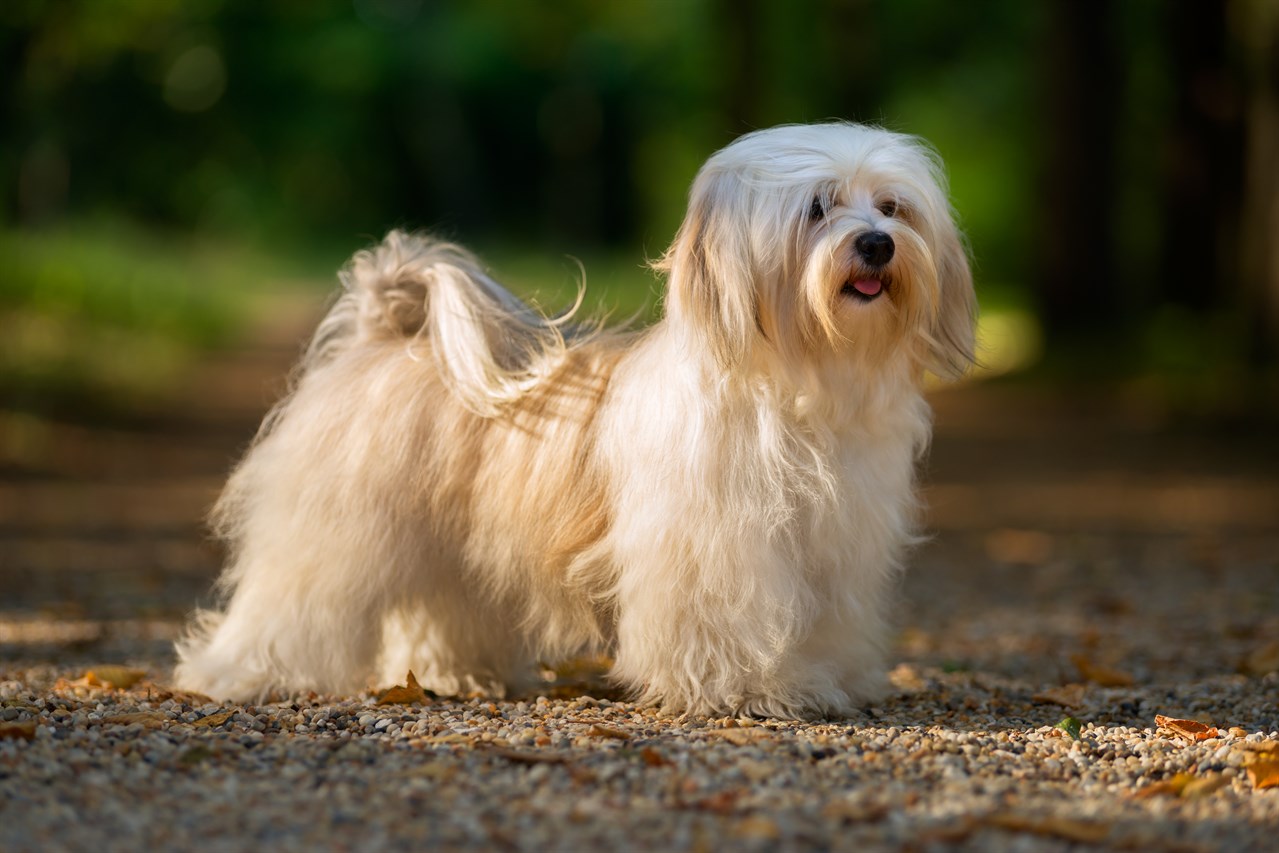Disadvantages of Havanese Ownership: Considerations to Keep in Mind

While Havanese dogs make wonderful companions for many families and individuals, like any breed, they come with their own set of disadvantages and challenges. It's important to consider these aspects when contemplating Havanese ownership.
Separation Anxiety
Havanese dogs are known for their strong attachment to their owners. This can lead to separation anxiety when left alone for extended periods. This can result in undesirable behaviours such as excessive barking, destructiveness, and house soiling.
Grooming Needs
While their long, silky coat is one of their most distinctive features, it also requires regular grooming. Owners must commit to brushing and maintaining their Havanese's coat to prevent matting and tangling. Some owners opt for professional grooming, which can be an ongoing expense.
Exercise Requirements
While they are not extremely high-energy dogs, Havanese do require daily exercise and mental stimulation. Neglecting their exercise needs can lead to behavioural issues or weight problems.
Prone to Health Issues
Havanese dogs, like many purebred dogs, can be prone to certain health issues, including patellar luxation, hip dysplasia, and progressive retinal atrophy. This can result in costly veterinary bills and ongoing medical care.
Small Size
Their small size can make them more vulnerable to accidental injuries, especially around young children who may not be aware of their small stature.
House Training
Some Havanese dogs can be challenging to house train. Consistent training and patience are essential to establish good bathroom habits.
Barking Tendencies
Havanese dogs can be prone to barking, especially if they are not properly socialised or if they develop separation anxiety. Excessive barking can be a nuisance in some living situations.
Allergies
Havanese dogs are considered hypoallergenic due to their low-shedding coat. However, they can still produce allergenic proteins that may trigger allergies in some individuals.
Not Ideal for Extreme Climates
They are sensitive to extreme temperatures, so they may not thrive in very hot or very cold climates without proper precautions and accommodations.
Financial Commitment
Owning a Havanese comes with financial responsibilities, including regular veterinary care, grooming, and providing a high-quality diet. Potential owners should be prepared for these ongoing expenses.
In conclusion, while Havanese dogs are charming, affectionate, and adaptable companions, it's essential for prospective owners to be aware of the potential disadvantages and challenges that come with Havanese ownership. Addressing these considerations with proper training, care, and commitment can help ensure a happy and harmonious relationship with your Havanese companion.